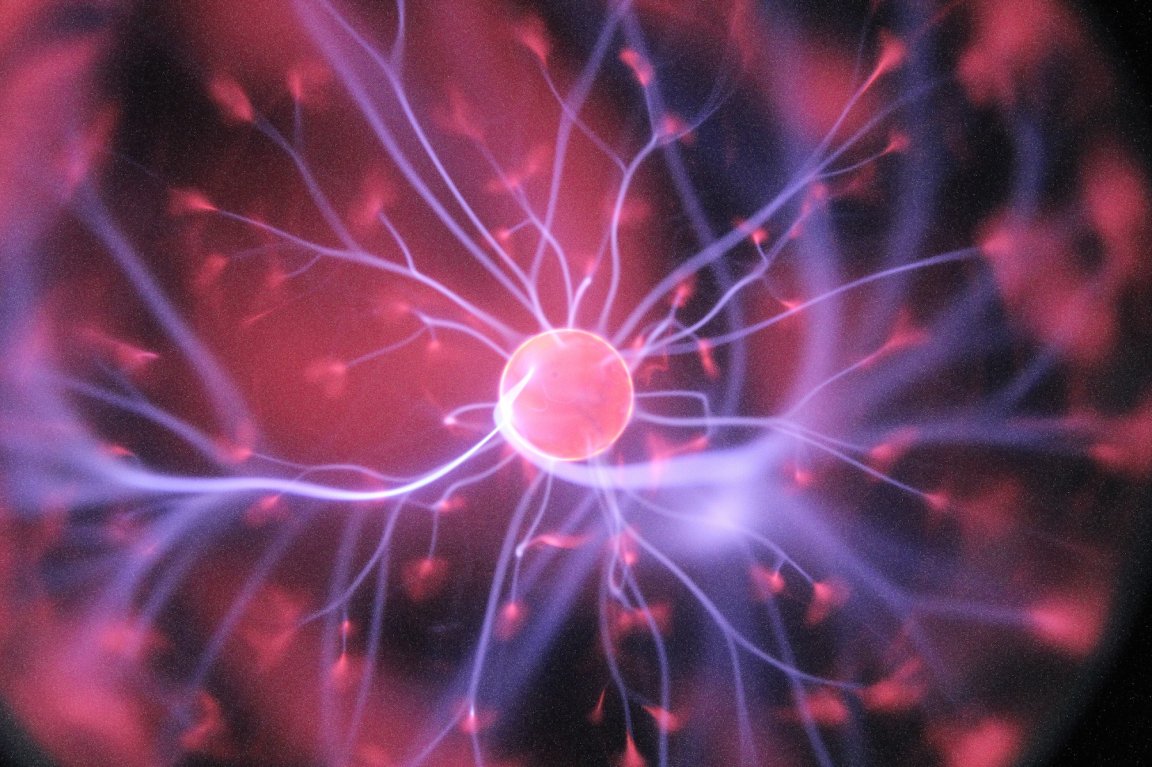
Rediscovering the Higgs Boson
Has the Higgs boson been rediscovered? Perhaps technically, with the creative application of a computer capable of sorting through massive quantities of data. By making computation faster, researchers are hoping that quantum computers might aid in the exploration of our natural world and expand our knowledge of the known universe.
In a proof-of-principle study, a team of physicists has been using a quantum circuit to sift through mountains of data from experiments involving particle smashing — like the experiments that led to the observation and formal discovery of the Higgs boson particle. In fact, because it is both a recent and major discovery, the team used the Higgs boson observation as testing grounds for this machine built by quantum-computing company D-Wave. The general idea was that, because of this increased ability to consume and sort data, they could more easily “find” the Higgs boson. That said, the method proved to be on par with conventional methods, rather than more efficient.
But, despite what might seem like a setback, this development still signifies positive progress. Kyle Cranmer, a physicist at New York University who wasn’t involved in the work, said that “Before this point, people were aware that this maybe someday will be relevant. This makes it looks like maybe it is.” He finds it innately refreshing that, in lieu of more traditional mathematical solutions, this team is using a quantum machine to try and solve a practical physics problem.
Physical Limits
In the initial (true) discovery of the Higgs boson particle at the European Organization for Nuclear Research (CERN), physicists, with the experiments ATLAS and CMS, distinguished between photons and non-photons in the wake of proton collisions (very simply put). They also trained machine-learning algorithms, with simulated data, to do the same.
The team searching for quantum solutions obtained a machine at D-Wave, wanting to see if it could follow instructions to search for the photon signature of the Higgs particle. This wasn’t to replicate the excitement of the initial discovery or prove that they could do the same, however — what it allowed researchers to do was determine if quantum computing could actually be a useful tool in physical exploration. Simply showing that it would be possible was “the coolest part” of this work, according to Cranmer.
As previously stated, the quantum method is not more accurate than the conventional methods already in place. But D-wave quantum machines are able to collect so much data, and have such varied potential applications, that not only will other fields benefit, but machine learning as a whole might advance with such extensive use. The quantum computer has been called controversial and, in fact, there are many who do not see promise in this direction. But despite opposition, fields ranging from bioinformatics to Earth sciences and so much more could benefit from the capabilities proven, through this experiment, by this machine.